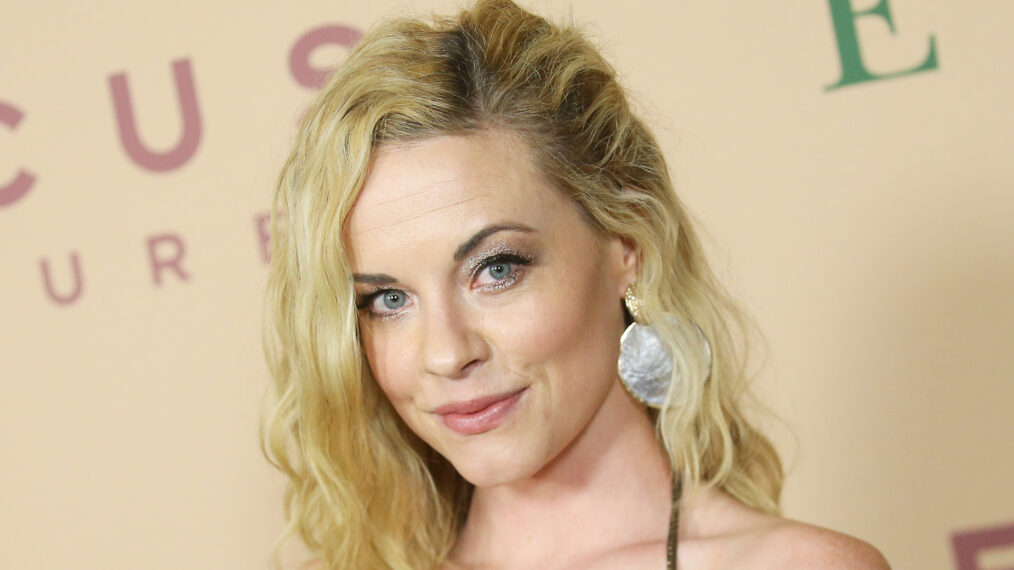
Ticketmaster and Bruce Springsteen’s manager, Jon Landau, have responded to fan outrage over the ticketing service’s “dynamic pricing” model for Springsteen concert tickets, laying out what percentage of tickets are relatively affordable and what percentage are reserved for deep pockets.
The controversy began earlier this month after Springsteen announced a 2023 tour with the E Street Band, their first such trek in six years. But The Boss’ working class image took a hit when first-day tickets soared as high as $5,000, and ever since then both he and Ticketmaster have been under pressure to address the sticker shock.
Well, Springsteen just became a grandfather for the first time, so the responsibility fell on Ticketmaster, who in any event have been pioneers in the realm of dynamic pricing. Born out of a desire to stop scalpers from making a small fortune — while making a large fortune themselves — Ticketmaster attempts to gauge how many affluent concert goers live in a city, and how much they would be willing to pay. For example, the top end of what they can charge is going to be higher for a show at Madison Square Garden than it is in Greensboro, North Carolina, because one of these is among the most expensive cities in the world, while the other is charming college town known for a surprisingly solid exhibit of red pandas.
Ticketmaster needed to set the record straight about how many tickets fall into this variable pricing category, not just because they’re the arbiter of the algorithm, but because they also have plenty of tours left to hawk this year. As some fans online have loudly wondered if they’ll ever be able to afford concert seats again, the company has taken the unprecedented step of offering a high-level look at pricing strategy through the lens of the first week of Springsteen’s ticket sales (via Variety).
You may be wondering, how can anyone but the 1% afford to drop five stacks on a concert? Well, it turns out that Ticketmaster agrees. The company claims that only about 1.3% of total tickets so far have sold for more than $1,000, with a total of 11.2% tickets earmarked to change price to meet demand.
Meanwhile, 88.2% of tickets reportedly sold at fixed prices that spanned $59.50 to $399. And if you’re trying to see the Boss on a budget, all hope is not lost: 56% of tickets were reportedly sold for under $200, including 11% for between $150-200 and 7% for between $100-150. 18% of tickets allegedly went for less than $99!
“Prices and formats are consistent with industry standards for top performers,” the company said in a statement. And while it’s not quite time to call them Comrade Ticketmaster, you can see how such a strategy would wring every available penny out of the rich. The ultra wealthy can fight amongst themselves for the best 1% of seats, even as the $99 crowd channels the spirit of Springsteen’s discography by sneaking in some warm beer.
Springsteen’s longtime manager, Landau, also addressed the tour’s ticket prices in a statement to the New York Times. “In pricing tickets for this tour, we looked carefully at what our peers have been doing,” Landau said. “We chose prices that are lower than some and on par with others.”
“Regardless of the commentary about a modest number of tickets costing $1,000 or more, our true average ticket price has been in the mid-$200 range,” Landau added. “I believe that in today’s environment, that is a fair price to see someone universally regarded as among the very greatest artists of his generation.”
Springsteen and the E Street Band will hit the road in February of 2023, with dozens of dates around the world that will keep them busy through July. Tickets are available — you guessed it — through Ticketmaster.
Editor’s Note: This article has been updated to include Jon Landau’s statement.


























































![Mason Ramsey – Twang [Official Music Video] Mason Ramsey – Twang [Official Music Video]](https://i.ytimg.com/vi/xwe8F_AhLY0/maxresdefault.jpg)





















